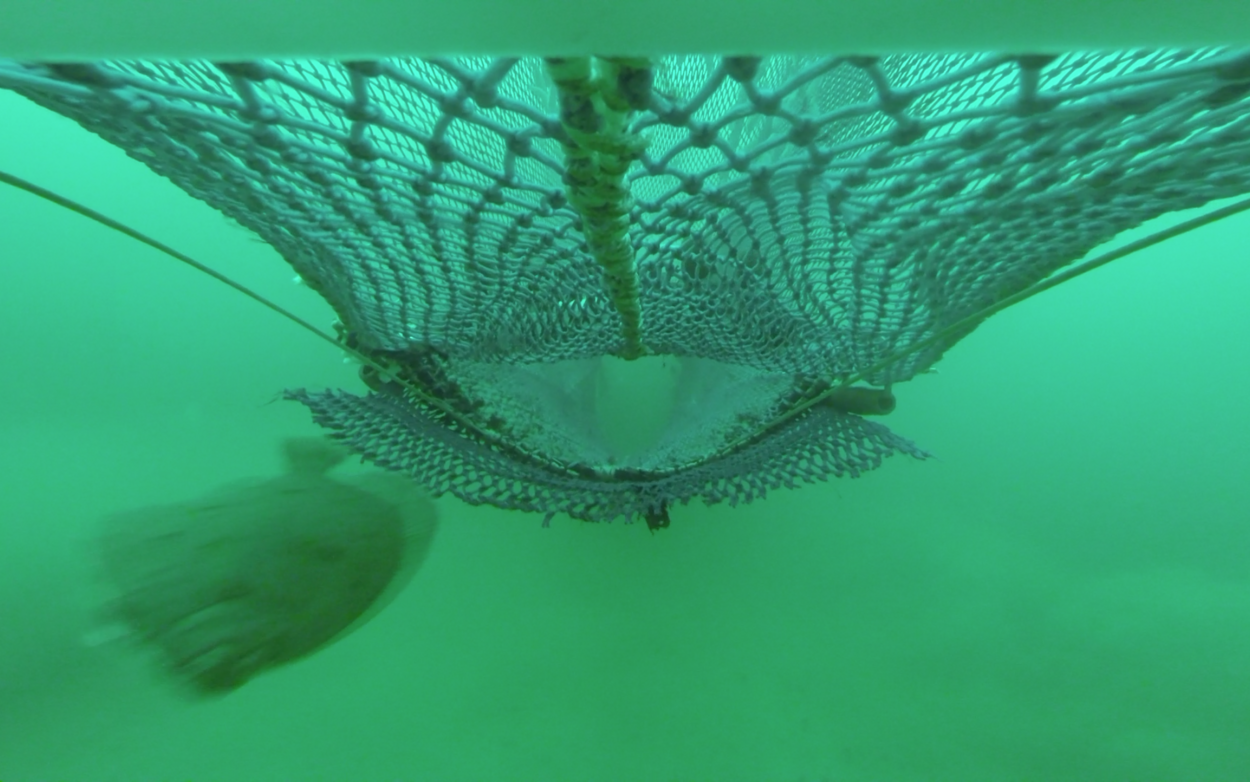The introduction of a discard ban for quota-regulated stocks is probably the biggest change in the EU common fisheries policy since its implementation. Details of the implementation and possible solutions for problems created by this policy change are still largely undefined, in spite of an introduction of the ban in some EU fisheries (small pelagics and Baltic cod). The European Parliament’s fisheries committee (PECH) therefore invited 7 experts to present their ideas on the contribution of improved gear selectivity to avoid unwanted bycatch. Christopher Zimmermann, director of the Thünen Institute of Baltic Sea Fisheries, provided an overview of the work of the Institute’s gear technology group. He concluded that there would be lots of developments possible in this field, provided management kept the incentives to make gear more selective. The increasing number of exemptions from the ban would potentially remove these incentives.
The full hearing with all presentations is available here : Committee on fisheries

![[Translate to English:] [Translate to English:]](/media/_processed_/d/7/csm_Startseite-OF_03_c0dfd6e750.png)
![[Translate to English:] [Translate to English:]](/media/_processed_/a/3/csm_20181116-151457-Stella-Jerome-Fischfalle-Warnem%C3%BCnde-Dorsche-im-Netzk%C3%A4fig-5691_heller_3050c72fa2.png)






